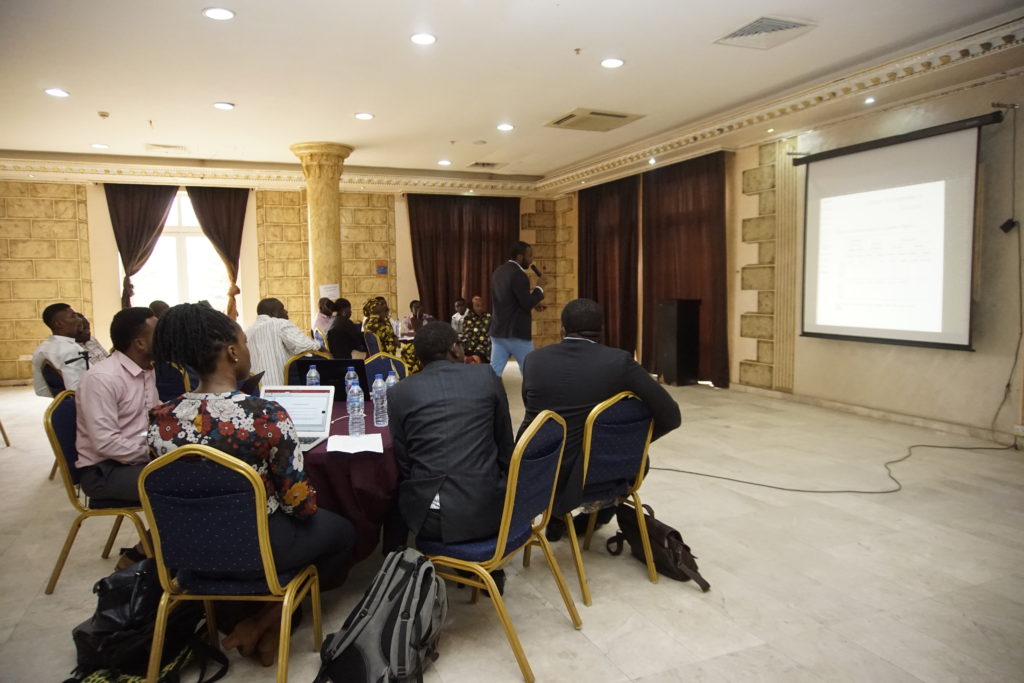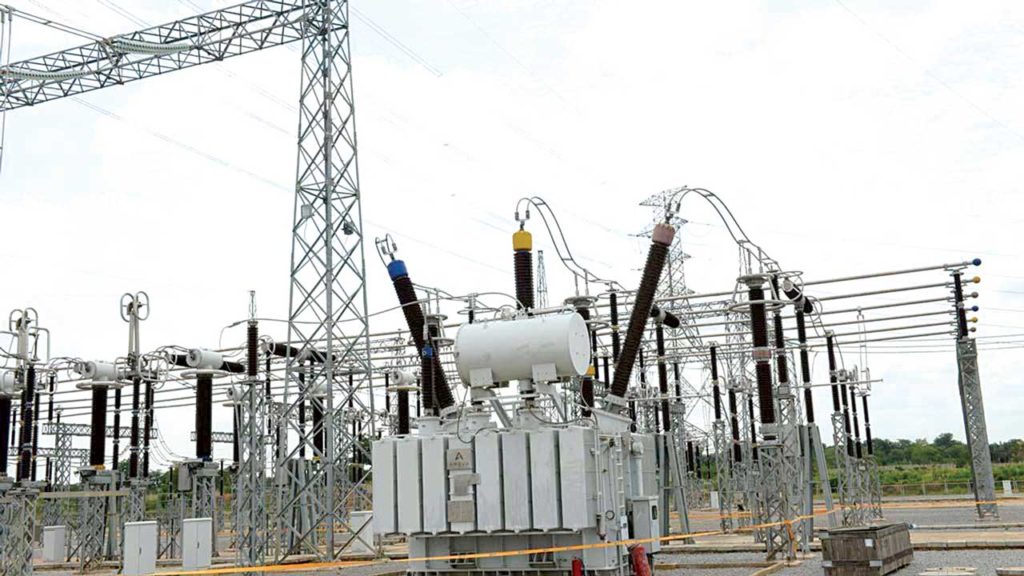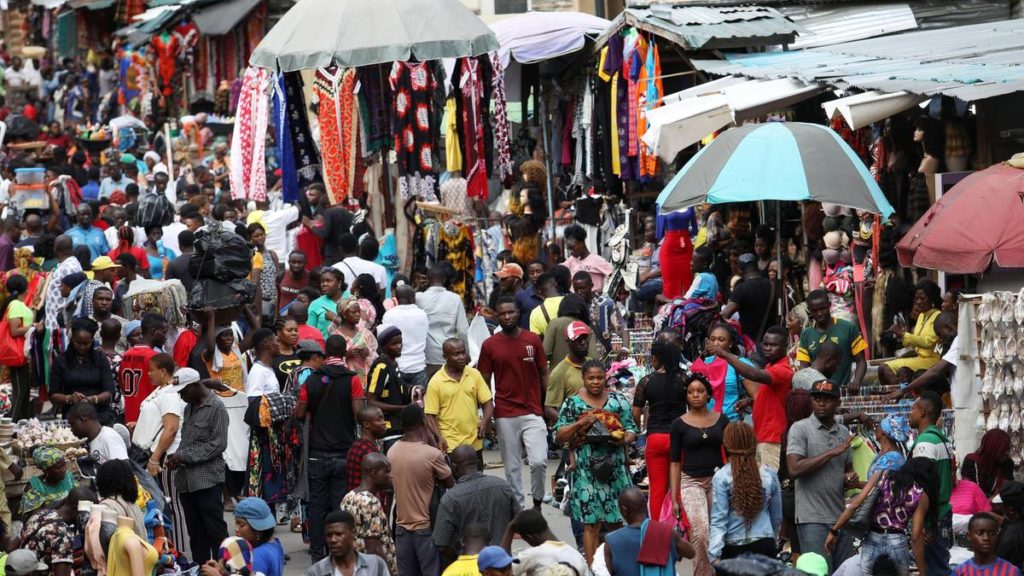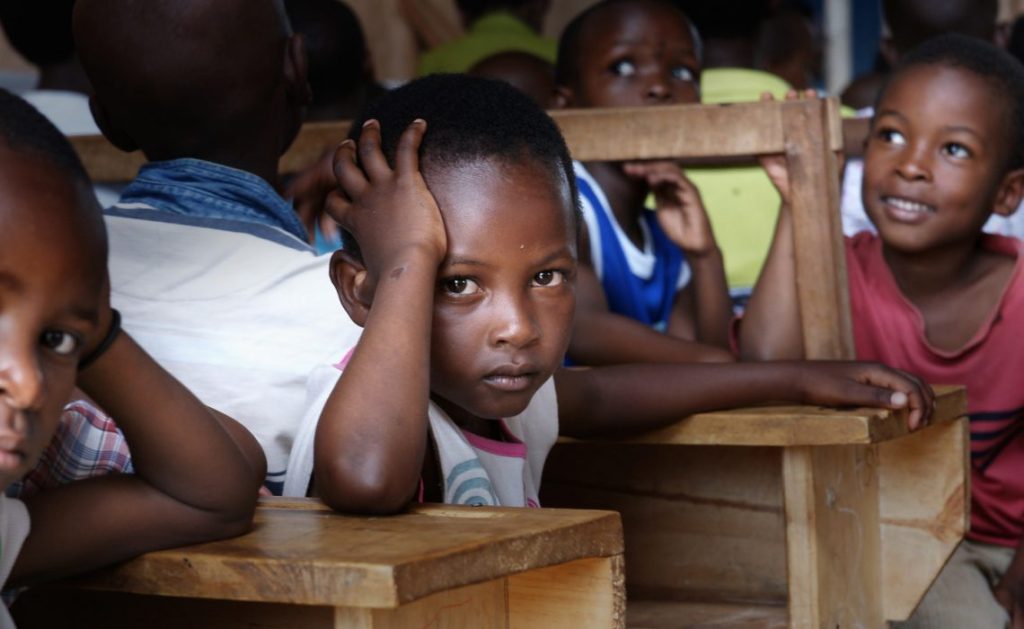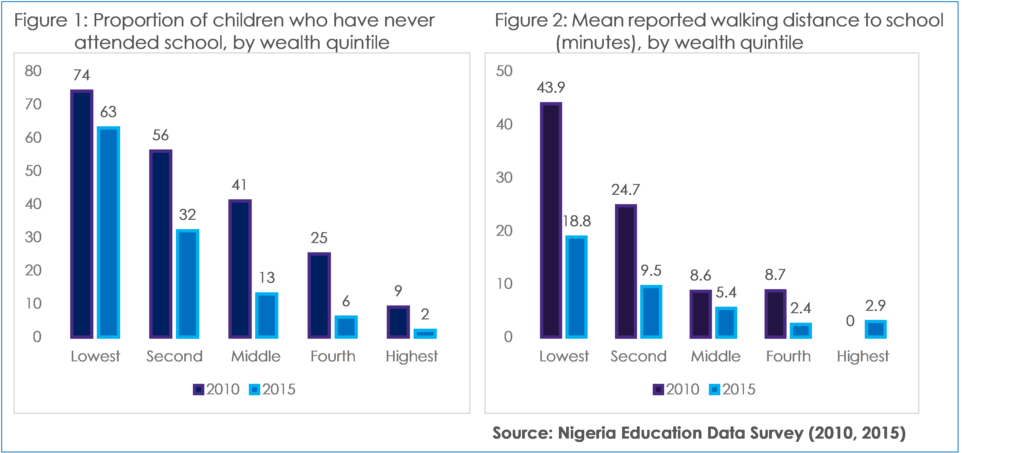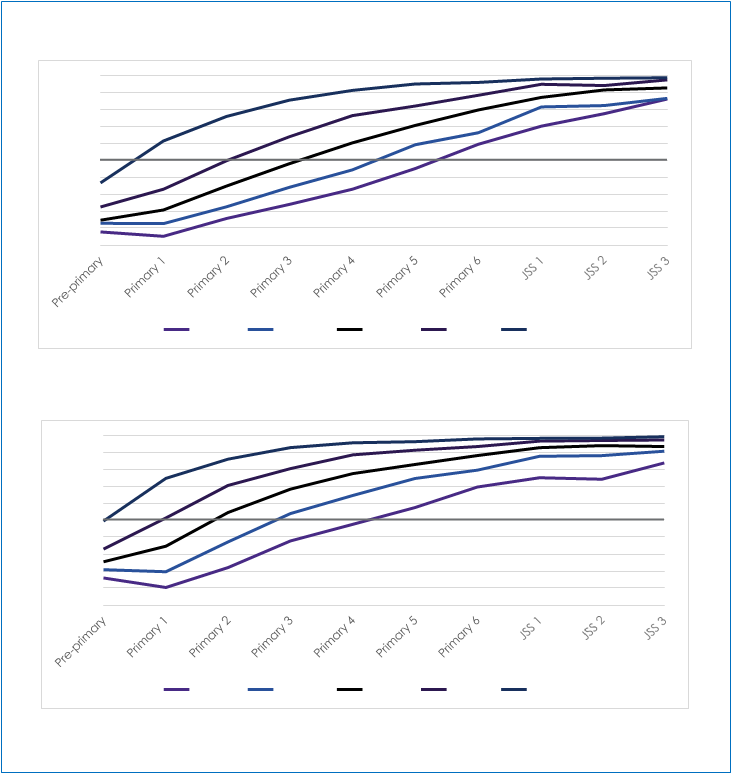RISE in Nigeria: Research Overview
Researchers will examine whether and how the demand for improved learning drives educational systems to change in Nigeria.
The RISE Country Research Team in Nigeria will examine the interplay between parental aspirations, community engagement, local politics, and educational outcomes in Nigeria. The goal is to understand how parents, communities and students can influence school governance and education policy at local and national levels. Researchers will then examine the extent to which such engagement leads to improved student learning outcomes.
A unique aspect of the four-year, £3 million project is the emphasis on the demand side of education (as evidenced by pressure from parents, the local community, and students) rather than on the supply side (through, for example, financing for school materials, teacher training, and building classrooms). This focus contributes to a new perspective on how to reform systems of education, an issue that speaks to the public policy agenda in Nigeria and elsewhere.
Research questions include:
- How can the demand for education (i.e., student motivation, parental investment, and community engagement) be harnessed to strengthen school governance and so that learning outcomes improve and education is more equitable among diverse populations?
- What are the implications of providing inclusive education on learning outcomes across gender, ethnic, and geographical lines?
- How can aspirations be engineered and maintained through peer effects, particularly through a program like the National Youth Service Corps?
- Can an implicit social contract involving education stakeholders improve school governance and learning outcomes?
- What is the long-term impact of Mission Schools and the Free Primary Education reform on contemporary education outcomes and intergenerational mobility? How have these programs influenced the spatial and intergenerational diffusion of education? What are the historical roots of education inequality today?
Context
Experiences in Nigeria underscore the importance of understanding the answers to these research questions. Nigeria faces the task of providing quality education to its rapidly growing population of young people. More than 10 million primary school-age children are not enrolled in school. Among those who are enrolled, roughly a quarter do not complete primary school (UNESCO, 2012). At the same time, Nigeria needs to improve the quality of basic education. Estimates show that fewer than 8 percent of teachers in public schools are able to meet the minimum qualifications (scoring 80 percent or above) on a test of primary school-level maths and English. Moreover, teachers are frequently absent, missing an estimated quarter of school days (Wane, 2014).
At the same time, the Nigerian education system faces challenges in ensuring equitable education and learning outcomes across gender, ethnic and regional lines. Significant disparities are evident. For example, female literacy rates range from 35 percent in the north to 90 percent in the south; male literacy rates range from 69 percent in the north to 95 percent in the south (DHS 2008).
Several basic education expansion programmes established in Nigeria since the 1970s have largely failed to meet targets for achievement (Gershberg et al., 2015). Recent education reforms set up school-based management committees composed of community and parent representatives, at least 42 percent of whom must be women. However, a majority of schools have yet to comply with legislation mandating the establishment of such committees; and, in schools where the committees have been created, effectiveness varies widely.
The Research Agenda
The research will build on insights from a number of historical and current Nigerian education policy outcomes to investigate the extent to which demand-side mechanisms matter for learning outcomes. Among the areas of investigation are how electoral politics, social movements, and activism at national and state levels shape policies. The study will draw on historical educational reforms, and then will dig deeper into the reasons why changing demand influences system change (through aspirations, awareness, and action) by examining a number of current policy imperatives.
Components of the Study
The RISE research in Nigeria will examine five key educational issues, using qualitative and quantitative methods:
Mission and Colonial Schools: The research will examine the nature and changing patterns of parental involvement in education from the earliest forms of schooling (missionary and colonial government schools). The introduction of formal education in Nigeria occurred with the arrival of missionary schools. The research will examine the reasons why early missionary schools were successful, and how demand for education may be harnessed to replicate this success. Results also promise to offer guidance on the possibilities for reforming the mission school-community engagement model in ways suited for modern Nigeria and how this might help address problems related to inequities in learning outcomes.
Free Primary Education: The Free Primary Education programme, initiated in 1952 by the government of Nigeria’s western region has been described as “the most unprecedented educational scheme in Africa South of the Sahara (Fafunwa, 1974).” The scheme, which established free compulsory primary schooling, went into effect in 1955 and continued until 1966. Despite high costs and implementation challenges, the programme was viewed as a success ̶ largely, it is thought, because of unique political grassroots mobilisation, which gave the programme popularity and buy-in even before its launch. The RISE researchers will study the long-term impacts of the programme and the socio-political mechanism of this effect, particularly on political leadership. The study will also examine the effects of teaching in the local language on national identity, education demand, and school effectiveness, and how the effects vary between groups in the region.
National Youth Service Corps: The National Youth Service Corps (NYSC) scheme was created in May 1973 to encourage the “development of common ties among the youths of Nigeria and the promotion of national unity.” The scheme involves the random assignment of Nigerian graduates from universities and polytechnic institutes to communities outside of the students’ states of origin. Most students receive assignments to teach at primary and secondary schools. The research will study the role of the “corpers” in local and school governance, and explore how their presence affects the demand for education and school effectiveness. The research will also explore the effects of corpers as student role models. The aim is to see whether the corpers increase their pupils’ effort and aspiration.
School-Based Management Committees: In 2005, the National Council of Education launched an initiative mandating that school-based management committees be established at all primary and junior secondary schools in the country. The objective was to encourage accountability and decision making at the local level by creating a bridge between government, communities, parents, and children. The 12- to 19-member committees are drawn largely from civil society, and faith-based and parent-teacher organisations; at least 42 percent of the members must be women. Anecdotal evidence suggests that these committees have had varied success rates (more than half of the schools have yet to establish them). RISE researchers intend to study how the committees enable parents and community stakeholders to engage with schools and local political actors to increase school inputs, especially for girls and disadvantaged groups. The analysis will examine how the performance of committees can be enhanced through engagement with the local political process. The aim is to determine how and whether such engagement leads to improved student performance.
Political Economy of Education Reforms: Following the general elections in early 2019, the team will take advantage of the opportunity to investigate the electoral cycle to study how demand-side factors can influence electoral outcomes and ultimately education outcomes. Researchers will look at the role of political engagement and the local conditions that can lead to the success of top-down reform. The team will also look at the impact of the reforms on learning outcomes and school management and whether accountability through elections is the key to ensuring reforms are implemented successfully.
This article was first published on Rise programme


 English
English
 Arab
Arab
 Deutsch
Deutsch
 Português
Português
 China
China
